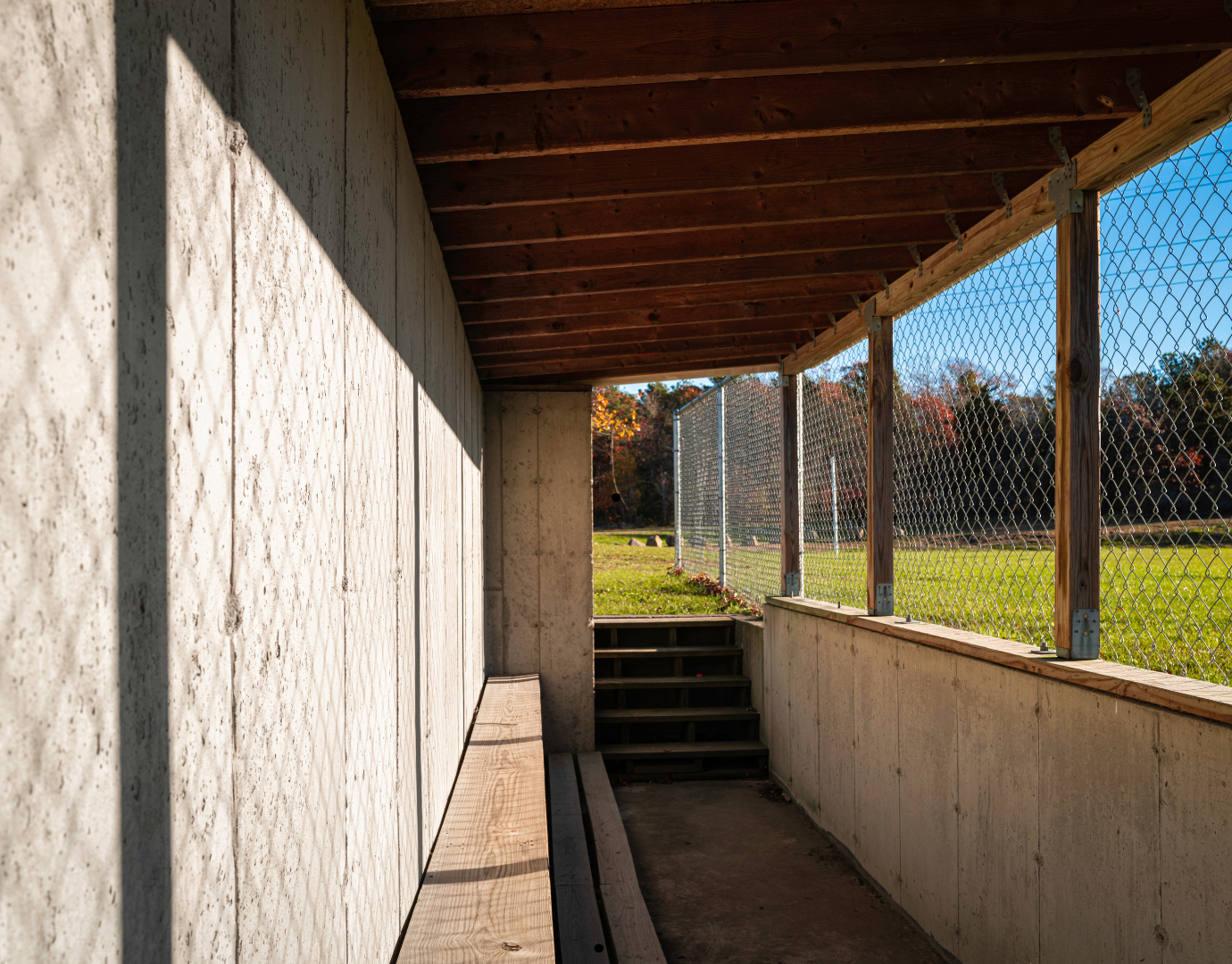Part XXIV of Why Youth Sports Umpires and Referees are Calling it Quits!
People who criticize youth baseball because “IT’S SO SLOW!” unfortunately are sometimes correct, and often the way a coach runs his team is the reason why. Being fairly certain I can speak for most umpires on this subject, we love working games that move along, where pitchers work quickly, and don’t “screw around” wasting time between pitches. The defense is better focused and makes plays, and the coaches who have their act together will have the catcher in his gear and ready when he should be. This alone can save a couple of minutes each inning, which can save up to 20-30 minutes a game.
On the contrary, umpires dread working games where the coaches don’t have their act together, the pitchers work slowly, which leads to bored fielders who lose focus and make errors. Sometimes the catcher delays the start of an inning because he takes forever to get his gear on every inning. Umpires know they’re in trouble when they see coaches sending teams out for “infield practice” at 5:25 when a game is scheduled to start at 5:30, and you end up starting the game late.
In leagues where fielders change positions every inning or two, it helps when coaches let everybody know while they’re still batting where they’ll be playing defensively the next inning. When a coach doesn’t do this nobody knows their assignments and don’t get quickly out to their defensive positions. Instead, they all gather around the coach who fumbles with his lineup papers and then says to his players:
“Hmn, okay, let’s see. What should we do here? How about Bobby pitching, and Billy catching, so Billy, go get the gear on. Mike, you’re sitting this inning, Joe’s on first, Malcolm, you’re on second, Jack you’re in left, no wait, Fred you’re in left, Jack you’re in right…………………” Bobby then goes out to the mound and stands there for two minutes while Billy gets the catcher’s gear on, and of course, Billy can’t find his catcher’s mitt because he loaned it to Todd who caught the inning before and Todd forgot to put it back with Billy’s equipment. Finally, when Billy shows up, Bobby takes his warmups, which would have already been done if the coach was better organized.
Then there are coaches that visit the pitcher as much as they are allowed to by the rules, and while there’s no actual time limit for how long a coach can talk to his pitcher, it helps when they keep the conversation brief, which doesn’t always happen. Same thing when a coach keeps having his catcher ask the umpire for “TIME” so the catcher can go talk to the pitcher.
Other coaches make pitching changes way too often, and every time a new pitcher comes in, it takes a few minutes to complete their eight warm-up pitches. My favorite time-wasting move is when in the middle of an inning, a coach decides not only to make a pitching change, but the new pitcher is going to be the current catcher. So now the catcher has to get out of his catcher’s gear, find his regular glove, and take his warm-up pitches while waiting for the new catcher to find the catcher’s gear and get it all put on.
It all takes time, unnecessarily lengthening games, making long games even longer. It’s not unusual in games like these to not play the full number of innings because the sun’s going down. Then the coach gets upset with the umpire who has to end the game early because of darkness, like it’s the umpire’s fault that coaches wasted so much time in the past couple of hours.
Next time I’ll talk about a veteran umpire who has a very unique line he uses on overly vocal assistant coaches.
Randy Corwin is a veteran Massachusetts youth baseball umpire and author of the book, OBNOXIOUS PARENTS AND RUTHLESS COACHES, which is now available at Amazon Books, Barnes and Noble’s online bookstore, and at Escape Into Fiction in Franklin, MA. This post is part twenty four of a series of articles based on the book.



Leave a Reply